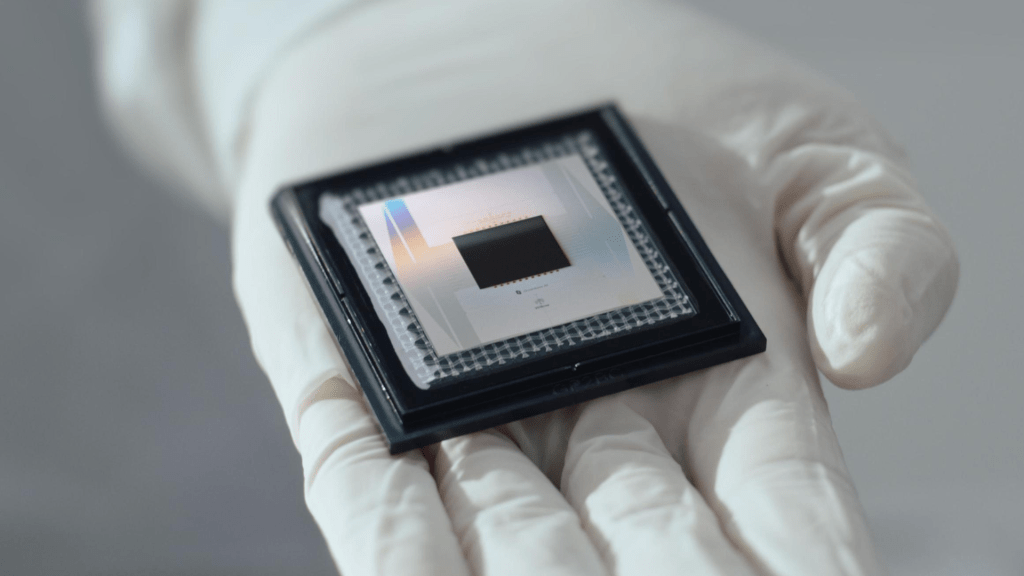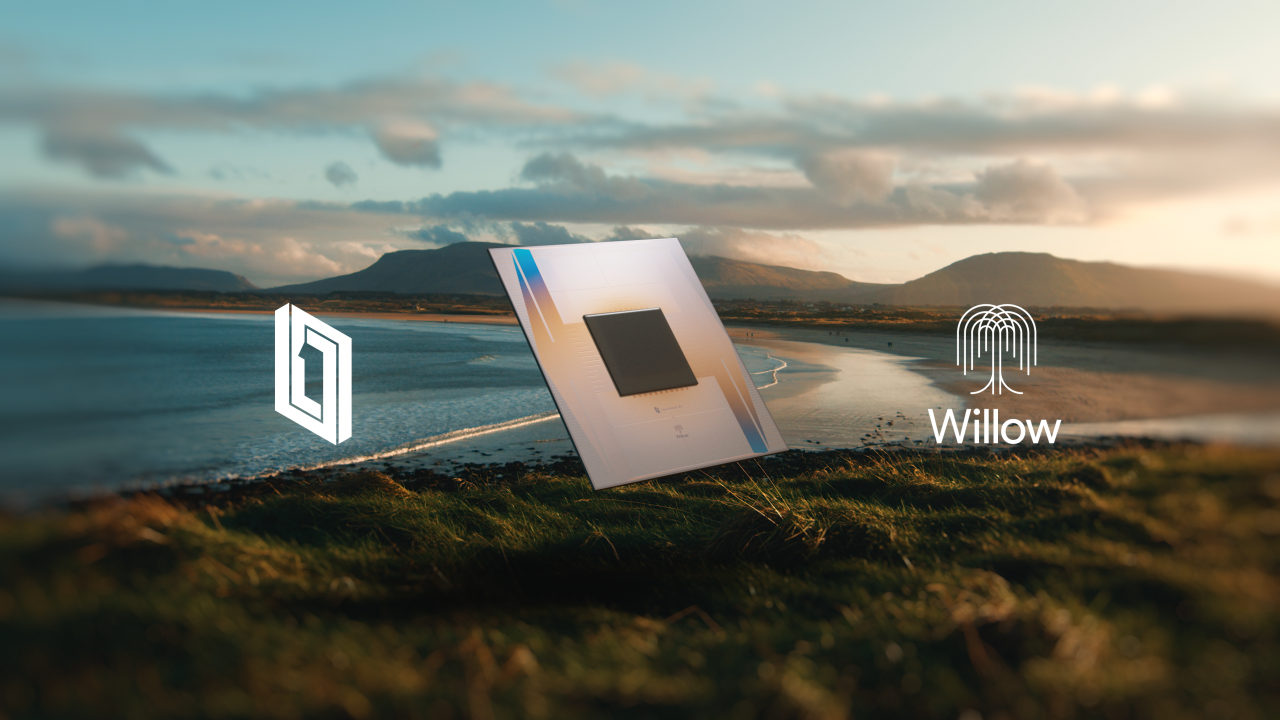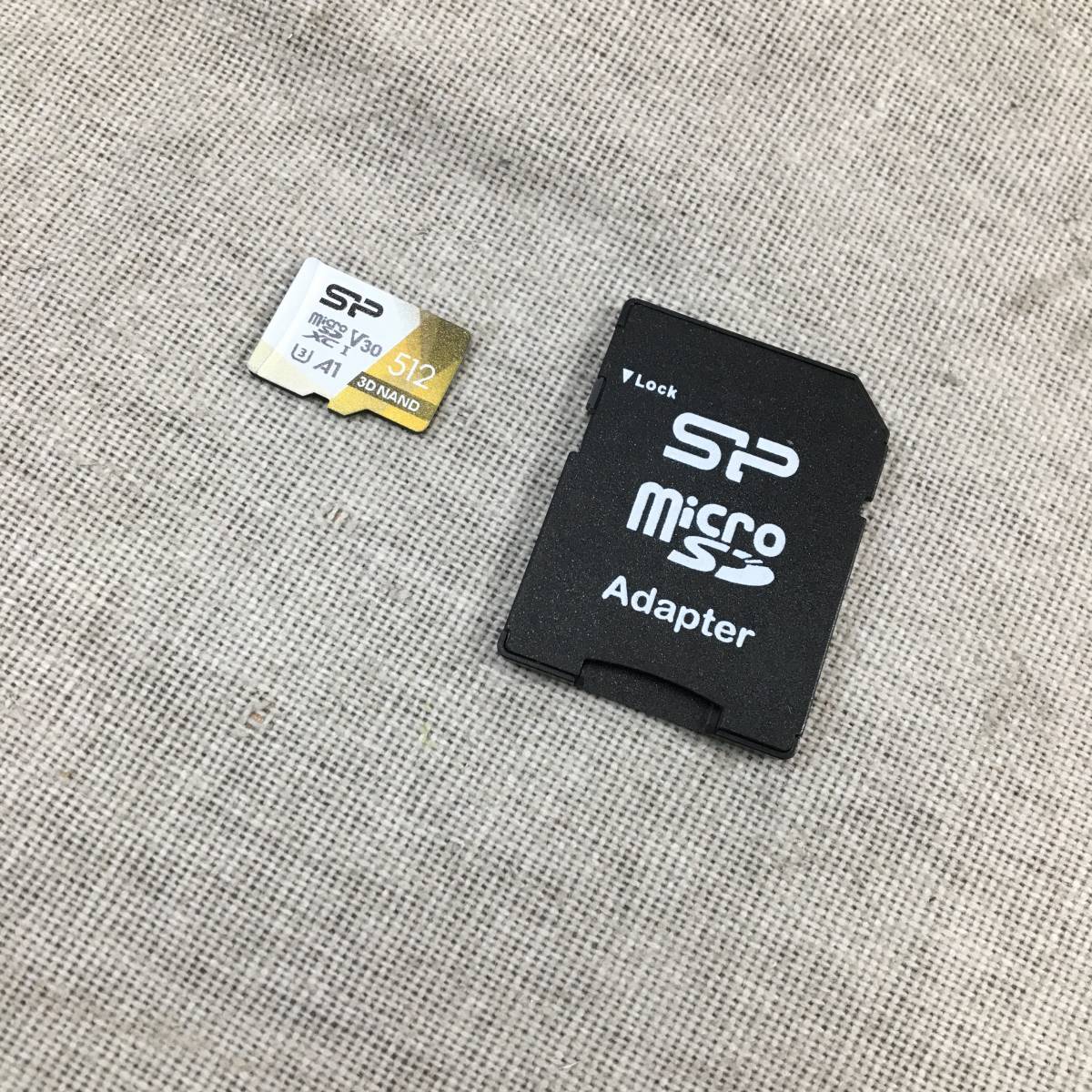
Google’s Willow Quantum Chip Shatters Benchmarks with Unbelievable Speed
In a groundbreaking moment for the tech world, Google unveiled Willow, its revolutionary quantum chip that has shattered previous computing limits. What would typically take today’s fastest supercomputers a mind-boggling 10 septillion years to accomplish (10,000,000,000,000,000,000,000,000 years) was completed in a mere 5 minutes by Willow. This achievement marks a monumental leap forward in the world of quantum computing.
However, Willow isn’t just a technological marvel; it’s also a monumental scientific breakthrough in quantum computing research. Google’s newly published study in Nature tackles one of the field’s biggest challenges: error correction. The study highlights how increasing the number of qubits in a quantum computer improves error suppression, ultimately making the technology more scalable. This progress is crucial for moving from theoretical to practical applications.
Quantum computers, powered by qubits, operate differently from traditional computers. They can exist in states of 0, 1, or both simultaneously, opening the door to previously unimaginable computing possibilities. The potential applications are limitless, from designing cutting-edge medications and advancing battery technologies to powering fusion reactors. However, with immense power comes significant risks, such as the potential for creating new viruses, breaching encryption protocols, or leveraging the technology for surveillance and weaponry.



